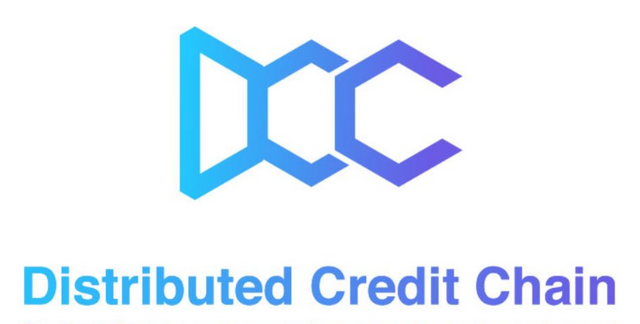Problems Associated with Traditional Banking System and DCC

The financial institution is one of the oldest institutions in the world. It primary function is to handle monetary transactions, both within a country and overseas. The industry has gone through several developmental faces; from the time of trade by batter, to the era of gold coins and the advent of paper monies. The industry seems to transform into some challenges facing it.
However, one of the main strengths of the industry is also, it's undoing; the centralized nature of its activities, though initially designed to introduce sanity to the system, it has evolved to be a controversial part of the system that many stakeholders are challenging.
A look at problems of the centralized traditional banking system will shed more light on major issues associated with it.
Cost sharing approach
Costing sharing among clients is a problem associated with the centralized system of banking, several costs incurred through interest-free processes like, credit review, client gaining and data and bad debts are shared among creditworthy clients who are made to pay for the total cost.
It sounds irrational, but that seems to be the case, and borrowers have to bear the burden of additional costs.
Lack of Efficiency
In most countries, a large chunk of borrowers in the consumer financial markets lack the knowledge of how the market operates, in relation to application methods, value-added services, and creditworthiness, therefore the need to consult service agencies and several financial and loan intermediaries, who are earning huge sums of money from unsuspecting individuals.
Some intermediaries help borrowers check borrowers score, and suggest credit card products to clients. This chain of activities prolong, the loan application process and minimize service delivery efficiency.
There are no borrowers interests

It is not possible for borrowers to personally certify credits. This makes them to be at the mercy of intermediaries, in the underwriting of consumer credits. In order to prove their creditworthiness, borrowers must hire services of intermediaries or brokers to help prepare the consumer credit underwriting.
The process is the same in both developed and underdeveloped nations. But is more crucial in societies where information on credit system is limited. This denies borrowers from knowing their rights and what interests them and it may even deprive borrowers of accumulating their credit.
Profit making
In centralized banking models, monopoly powers are conferred on organizations, which make the practitioners deviate from the core value, and serving their customers. Since their aim is to maximize profits, the system tends to protect lenders at the expense of borrowers.
They can even make more profit by extending their customer base. Consumers bear the brunt of the financial burden in centralized credit model, which left them at the mercy of brokers and intermediaries that are making fortune out of the cumbersome nature of the system.
The centralized credit system is fast becoming a burden in a world, where desires are many and resources to meet everyday demands are scarce, turning to decentralized banking model may be the saving grace the world is looking for, but the old system will fight back.
Website : http://dcc.finance/
Whitepaper : http://dcc.finance/file/DCCwhitepaper.pdf
Twitter : https://twitter.com/DccOfficial2018/
Facebook : https://www.facebook.com/DccOfficial2018/
Telegram : https://t.me/DccOfficial